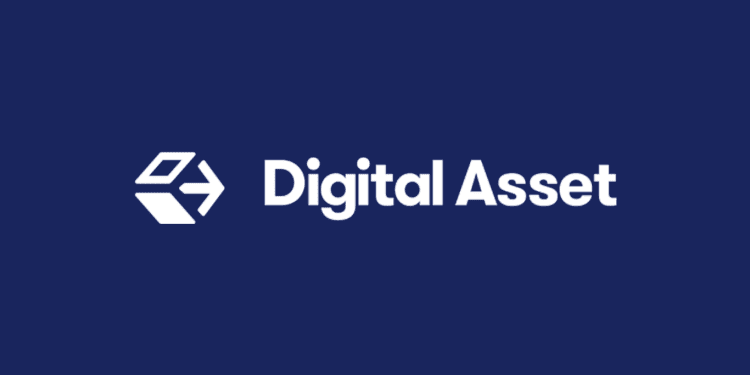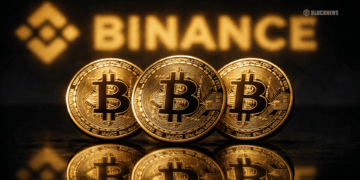- Fintech company Digital Asset announced it would launch a privacy-enabled interoperable blockchain network designed for institutional assets to provide a decentralized infrastructure.
- The network aims to synchronize previously isolated financial markets and will undergo testing in July.
- Participants in the project include BNP Paribas, Cboe Global Markets, Digital Asset, Paxos, Microsoft, Goldman Sachs, Deloitte, and others.
Digital Asset, a financial technology firm, announced on Tuesday that it would launch a privacy-enabled interoperable blockchain network, dubbed Canton Network, to provide a decentralized infrastructure for institutional clients.
The participants involved in the launch of Canton Network are BNP Paribas (BNP), Broadridge, Cboe Global Markets, Cumberland, Deloitte, Deutsche Börse Group, DRW, Liberty City Ventures, Paxos, Goldman Sachs, Right Pedal LendOS, S&P Global, SBI Digital Asset Holdings, Umbrage, Versana, VERT Capital, Xpansiv, and Zinnia.
As reported by Bloomberg, the collaborative effort could be critical to the use of ledger technology in the finance market. Furthermore, the collective is working to connect “disparate institution applications,” which could benefit the industry.
Chris Zuehlke, a partner at DRW and global head of Cumberland, stated, “The Canton Network is a powerful answer to industry calls for a solution that harnesses the potential of blockchain while preserving fundamental privacy requirements for institutional finance.”
For years, banks and other large corporations have been developing and testing blockchain applications to simplify and speed up some of their most complex processes.
Part of the effort has focused on investigating ways to convert traditional securities, such as stocks and bonds, into blockchain tokens. Others have concentrated on accelerating the trading and settlement of various assets and facilitating international payments.
While several systems have been tested and some applications have gone live, such blockchain networks have yet to be widely adopted.
Part of what is holding back existing applications is their inability to connect different blockchain systems built by other organizations while also allowing creators to retain the controls and privacy required in regulated financial markets, according to the network’s supporters.
Canton claims that as a “network of networks,” it can overcome this by allowing systems to collaborate without requiring the entities that run them to relinquish control. The network connects Daml, Digital Asset’s smart-contract language, and applications, allowing various systems in financial markets to interoperate and synchronize.
The blockchain aims to provide “seamless connectivity across various blockchain networks in the industry,” which is an important “building block for future digital and distributed financial market infrastructures,” according to Jens Hachmesiter, head of issuer services & new digital markets at Deutsche Börse Group.
While Digital Asset provides and owns the technology that powers the infrastructure, such as Daml smart contracts and the Canton protocol that powers the applications, it does not own the network itself, which its participants, including Digital Asset, own.
The participating companies will begin testing the blockchain’s interoperability capabilities across various applications and use cases in July, according to the release.














